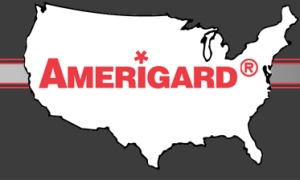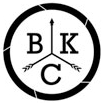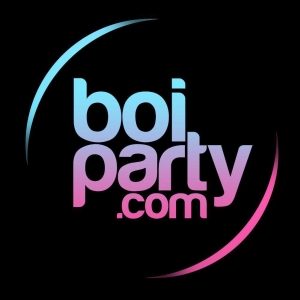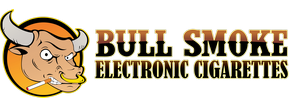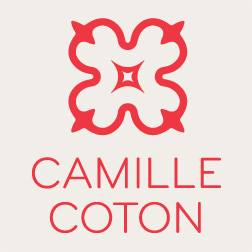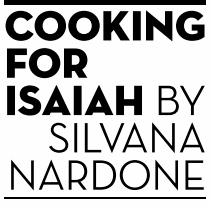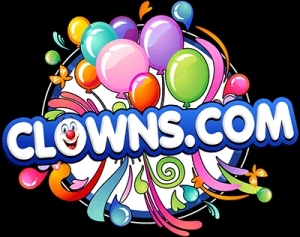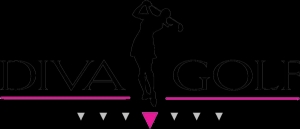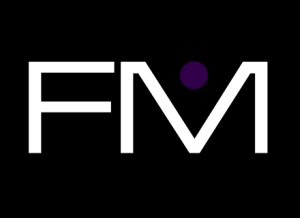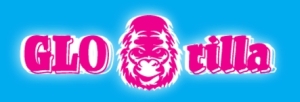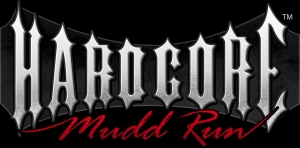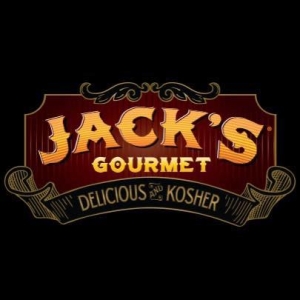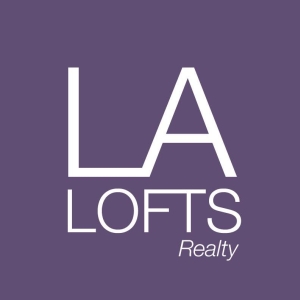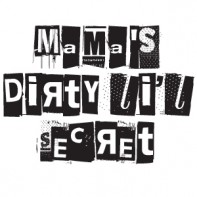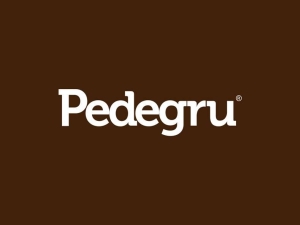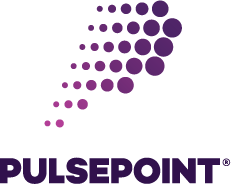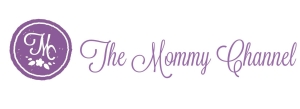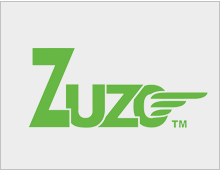We’re all familiar with the Googles and Twitters and Xeroxs of the world. Those brands that adopted purely made up, or fanciful in trademark jargon, trade marks to define their brands. Everyone, more or less, understands that these types of brands are entitled to trademark protection. What about brands that use dictionary words? There was something of an uproar when it was learned that Donald Trump had trademarked the words, “YOU’RE FIRED” — just because he’s a billionaire now he thinks he owns “You’re Fired?,” but that reaction missed the point. Donald Trump does not own the phrase, “you’re fired,” he owns a trademark for YOU’RE FIRED in connection with certain specified goods and services, such as t-shirts and toys. Actually, the mark is owned by producer J. Mark Burnett’s production company. While YOU’RE FIRED might be descriptive of corporate downsizing consultant services, it’s in no way descriptive of clothing or toys. When people see the YOU’RE FIRED trademark on clothing, the mark identifies the origin or source of the corresponding goods. Taking another example, Delta is a dictionary word, but it’s also a widely adopted trademark, used by such companies as DELTA AIRLINES, DELTA FAUCETS and DELTA DENTAL. None of these companies owns the word “Delta,” per se, but each does own the exclusive rights to use it as a trade mark in connection with certain types of goods or services. PIER 1, APPLE, POTTERY BARN, CRATE & BARREL, RED LOBSTER. These are all examples of dictionary words and phrases adopted by businesses as their trade marks.
Whether a dictionary word can be protected as a trademark in a given situation depends on the nature of the goods or services offered in connection with the mark. More on that to follow!
